
Exploring Unique Alternatives to the Best Low Voltage Circuit Breaker for Your Electrical Needs
In the dynamic landscape of electrical systems, the Low Voltage Circuit Breaker (LVCB) plays a crucial role in safeguarding equipment and ensuring operational efficiency. The global low voltage circuit breaker market is projected to grow from USD 12.24 billion in 2020 to USD 19.87 billion by 2026, as reported by Industry Research Insights. This surge reflects the increasing demand for reliable electrical protection in various sectors, including industrial, commercial, and residential applications. However, while traditional LVCBs are widely acknowledged for their safety and performance, exploring unique alternatives can offer tailored solutions that meet specific electrical needs. This blog delves into innovative alternatives to the best low voltage circuit breakers, providing insights into their advantages and applicability in modern electrical systems, thereby equipping readers with the knowledge necessary for informed decision-making in their electrical projects.
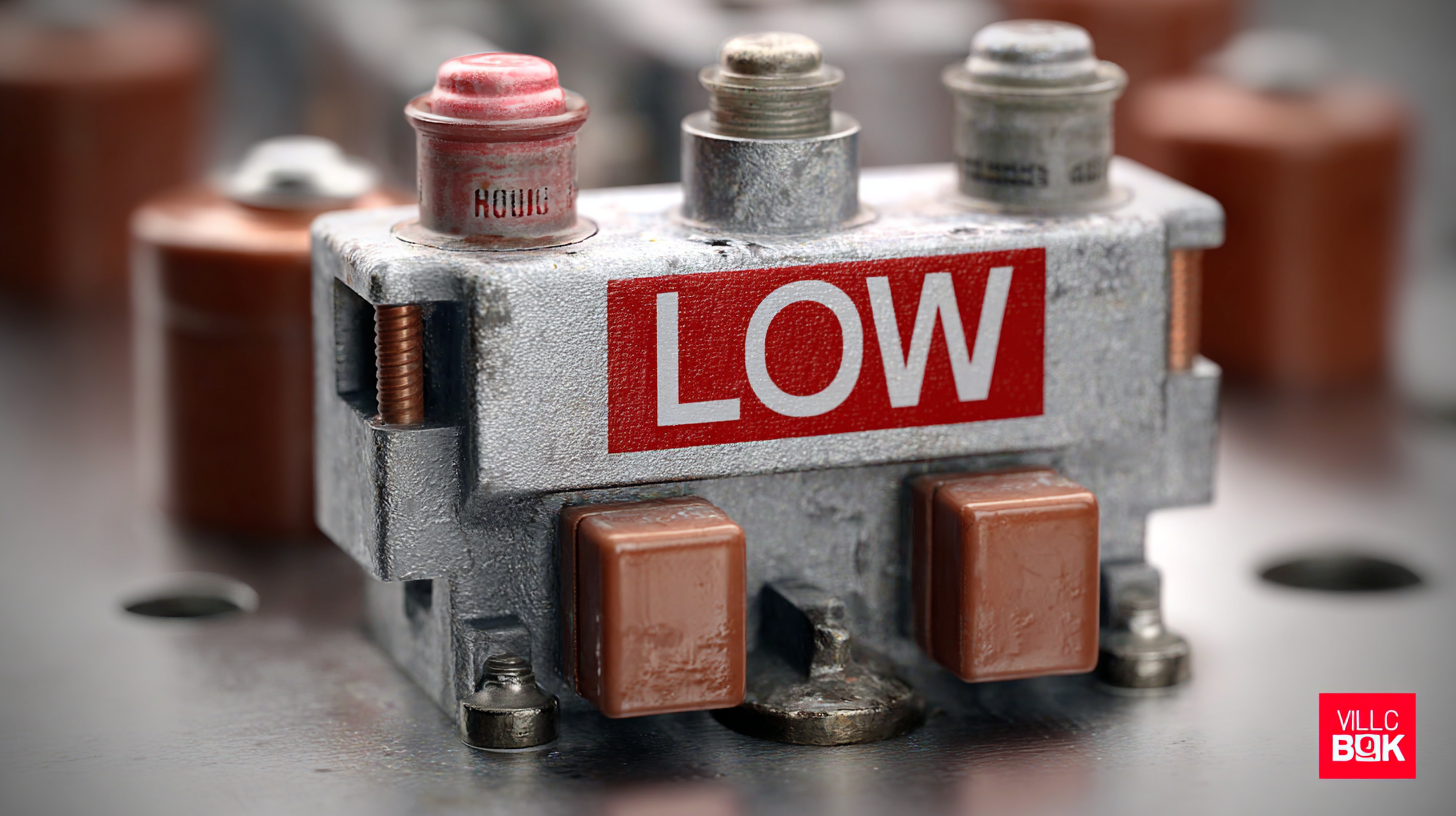
Benefits of Choosing Alternatives to Standard Low Voltage Circuit Breakers
When it comes to choosing low voltage circuit breakers, exploring alternatives to standard options can provide significant benefits, especially in terms of efficiency and sustainability. Recent innovations in the market, such as advanced molded case circuit breakers, highlight the trend towards modular designs that can be customized to meet specific electrical needs. Reports indicate that the demand for energy-efficient solutions is increasing, with a significant portion of industry professionals prioritizing systems that enhance energy performance and sustainability in building construction.
Moreover, new technologies like solid-state circuit breakers are gaining traction due to their superior performance compared to traditional mechanical options. For instance, recent evaluations suggest that solid-state breakers can achieve lower resistance values, enhancing overall system efficiency and reducing energy losses. The incorporation of smart features and automated controls further supports the shift towards reliable and fail-safe power distribution, addressing the challenges posed by stricter industry standards.
As the electrical sector evolves, integrating alternative circuit breaker technologies not only meets the growing regulatory demands but also prepares infrastructure for digital transformation and energy transitions. By investing in these innovative solutions, businesses can optimize electrical planning and ensure a sustainable future.
Exploring Unique Alternatives to the Best Low Voltage Circuit Breaker for Your Electrical Needs - Benefits of Choosing Alternatives to Standard Low Voltage Circuit Breakers
| Alternative Type | Voltage Range (V) | Current Rating (A) | Tripping Characteristics | Main Benefits |
|---|---|---|---|---|
| Miniature Circuit Breaker (MCB) | 230V - 400V | 6A - 63A | B, C, D Curve | Compact size, quick response time, suitable for residential use |
| Earth Leakage Circuit Breaker (ELCB) | 230V - 400V | 10A - 100A | Type AC, Type A | Protection against earth faults, suitable for wet areas |
| Residual Current Device (RCD) | 230V | 10A - 125A | 30mA, 100mA | Safeguards against electrical shock, enhances safety |
| Smart Circuit Breakers | 100V - 240V | 15A - 40A | Adaptive | Remote monitoring & control, energy efficiency |
| Hydraulic Magnetic Circuit Breaker | 120V - 600V | 15A - 100A | Time delay | Reliable under overloads, suited for industrial applications |
Comparative Analysis of Unique Circuit Breaker Options on the Market
When it comes to selecting the right circuit breaker for low voltage applications, it's crucial to explore a variety of options beyond the mainstream choices. The market is filled with unique circuit breaker alternatives that cater to specific needs, offering significant advantages in terms of functionality, reliability, and cost-efficiency. For instance, molded case circuit breakers (MCCBs) are excellent for medium to high-current applications, providing robust thermal-magnetic protection that can be customized to different operational environments.
Another notable option is the residual current circuit breaker (RCCB), which focuses on preventing electrical shock and protecting against earth faults. Unlike traditional circuit breakers that only interrupt the current during overloads and short circuits, RCCBs continuously monitor the imbalance of electrical flow, ensuring enhanced safety. Additionally, smart circuit breakers are emerging as an innovative solution, allowing for remote monitoring and automation, which is ideal for modern energy management systems.
By comparing these unique alternatives, consumers can make informed decisions that best suit their electrical needs while also adhering to safety standards.
Key Features to Look For in Alternative Circuit Breakers
When exploring alternatives to the best low voltage circuit breakers, it’s crucial to know what features set them apart. Look for breakers that offer reliable surge protection, as this is essential for safeguarding sensitive electrical equipment. Additionally, consider those with an easy-to-read trip indication, which can save time and reduce frustration during maintenance. Understanding the panel layout and compatibility with existing systems is also key to ensuring seamless integration.
One tip to keep in mind is to evaluate the interrupting capacity. Ensure the alternative circuit breaker can handle the maximum fault level in your electrical system. This can prevent costly damage and downtime. Moreover, prioritize breakers that have been tested for various environmental conditions, ensuring they perform well in specific settings, from industrial environments to residential use.
Finally, check the warranty and customer support offered. A reliable warranty indicates manufacturer confidence in their product, while accessible customer service can provide peace of mind. Always review user feedback for insights into real-world performance and longevity. These factors can significantly influence the efficiency and reliability of your chosen circuit breaker alternatives.
Comparison of Alternative Low Voltage Circuit Breakers
Installation Considerations for Different Low Voltage Circuit Breaker Alternatives
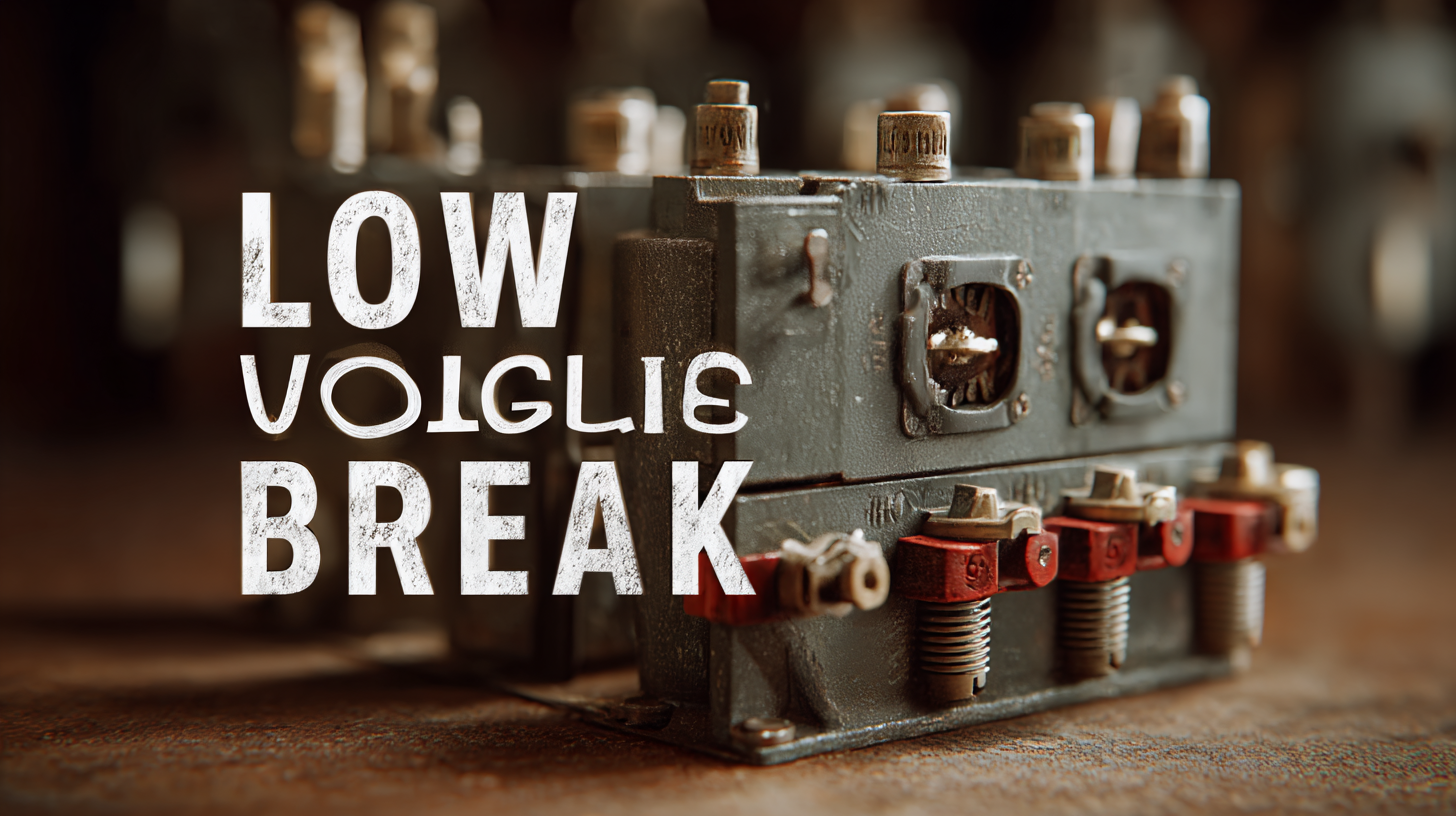 When considering alternatives to traditional low voltage circuit breakers, it's crucial to understand the installation implications of these options. With the transition towards more innovative protective devices, like smart circuit breakers, the installation process may vary significantly compared to conventional breakers. According to the International Electrotechnical Commission (IEC), smart circuit breakers allow for remote monitoring and control, potentially reducing the downtime during installation due to their modular design. This technology adapts seamlessly to various electrical configurations, thereby streamlining the entire setup process.
When considering alternatives to traditional low voltage circuit breakers, it's crucial to understand the installation implications of these options. With the transition towards more innovative protective devices, like smart circuit breakers, the installation process may vary significantly compared to conventional breakers. According to the International Electrotechnical Commission (IEC), smart circuit breakers allow for remote monitoring and control, potentially reducing the downtime during installation due to their modular design. This technology adapts seamlessly to various electrical configurations, thereby streamlining the entire setup process.
Moreover, the National Electrical Manufacturers Association (NEMA) highlights the importance of understanding system compatibility when selecting circuit breaker alternatives. For instance, while integrating renewable energy sources like solar panels, using micro-inverters alongside traditional breakers becomes essential. These alternatives require additional considerations regarding physical space, wiring, and communication protocols, which can complicate installation if not properly assessed. Proper planning and adherence to local codes can mitigate these challenges, ensuring a safe and efficient installation tailored to specific electrical needs.
Cost-Effectiveness and Long-Term Savings of Non-Traditional Circuit Breakers
In today’s world, where electricity rates are on the rise and environmental consciousness is growing, selecting the right circuit breakers is more crucial than ever. While traditional low voltage circuit breakers have been the norm, unique alternatives like newer models can not only provide significant cost savings but also enhance the long-term efficiency of electrical systems. Exploring options such as advanced non-traditional circuit breakers can lead to improved energy management and reduced operational costs for any household.
**Tips for Choosing Alternatives:**
1. Consider the compatibility of the circuit breaker with existing systems to ensure seamless integration and performance.
2. Research performance metrics and customer reviews to identify options that have successfully demonstrated their cost-effectiveness in real-world applications.
3. Evaluate whether the chosen circuit breaker comes with warranties or service packages that can safeguard your investment and offer peace of mind.
With these strategies in mind, investing in innovative circuit breaker solutions can yield both immediate and sustained financial benefits, offering a smart approach to managing your electrical needs efficiently.
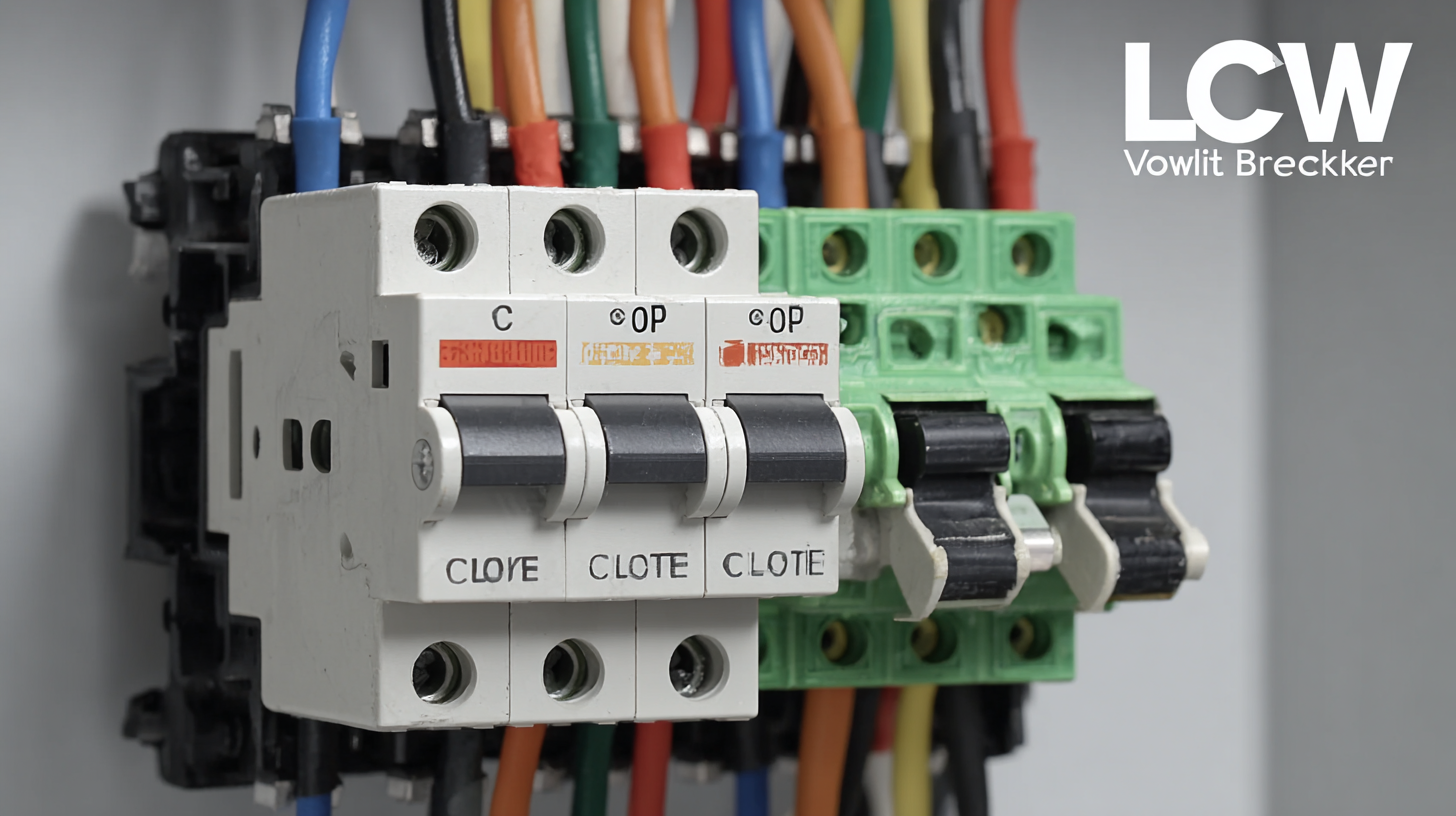

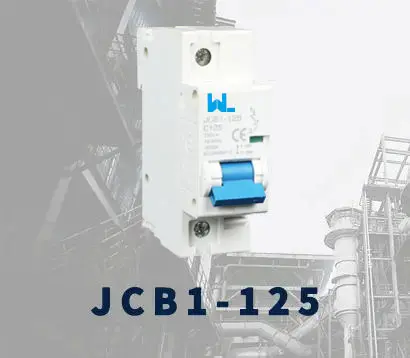 JCB1-125
JCB1-125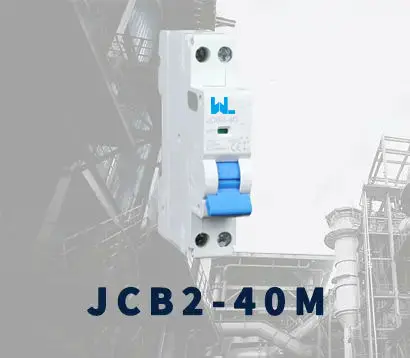 JCB2-40M
JCB2-40M JCB3-63DC
JCB3-63DC JCB3-80H
JCB3-80H JCB3-80M
JCB3-80M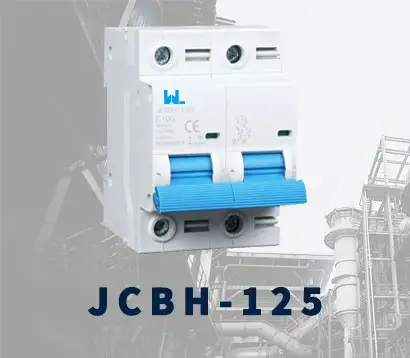 JCBH-125
JCBH-125 JC125-4P
JC125-4P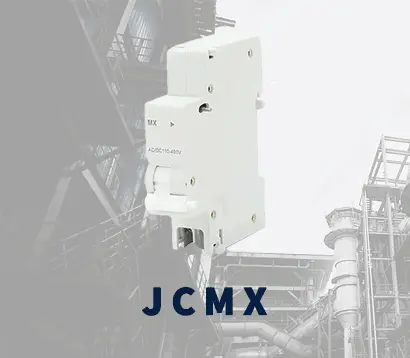 JCMX
JCMX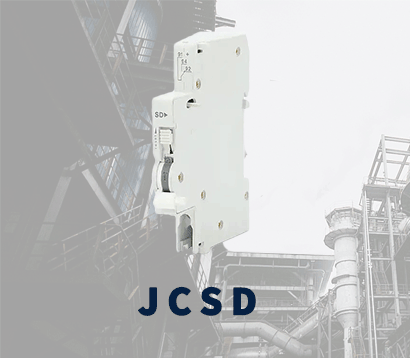 JCSD
JCSD JCOF
JCOF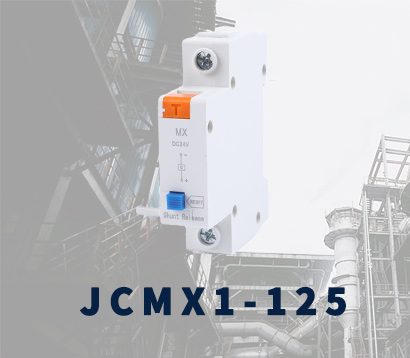 JCMX1-125
JCMX1-125 JCOF1-125
JCOF1-125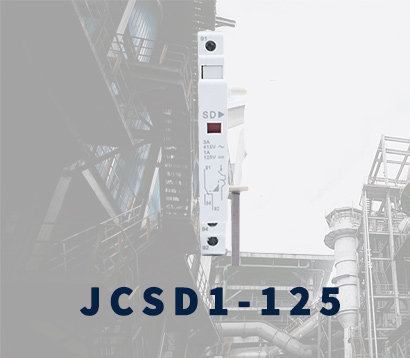 JCSD1-125
JCSD1-125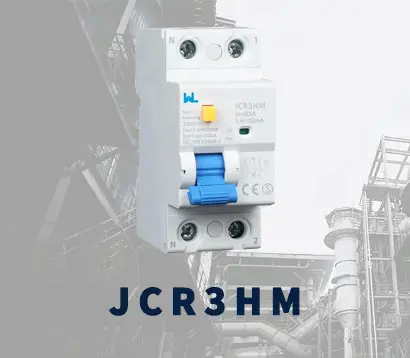 JCR3HM
JCR3HM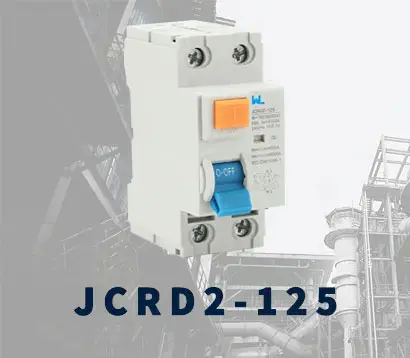 JCRD2-125
JCRD2-125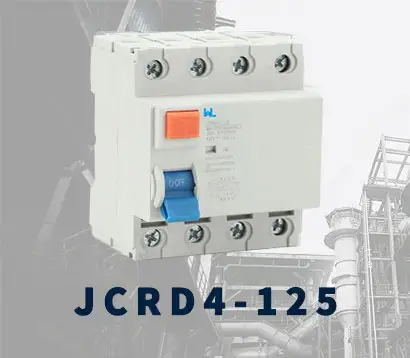 JCRD4-125
JCRD4-125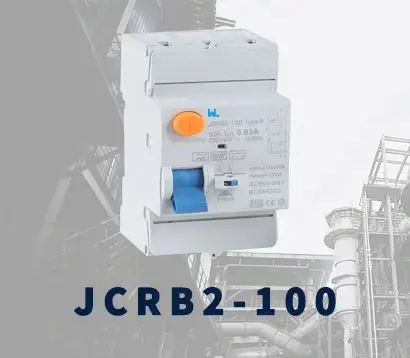 JCRB2-100
JCRB2-100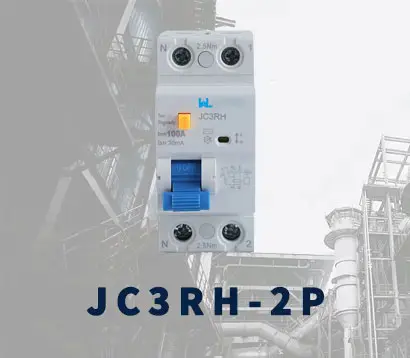 JC3RH-2P
JC3RH-2P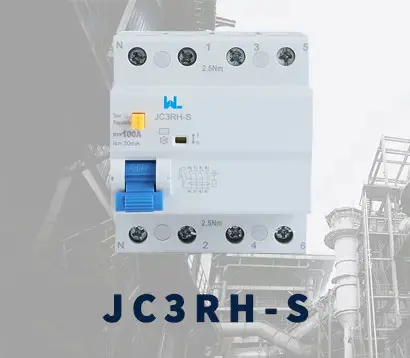 JC3RH-S
JC3RH-S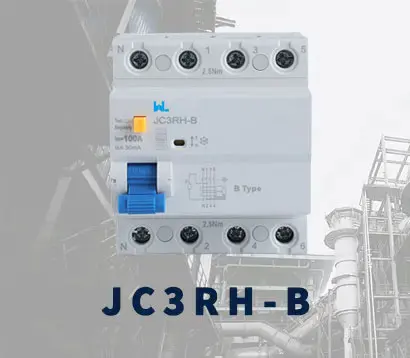 JC3RH-B
JC3RH-B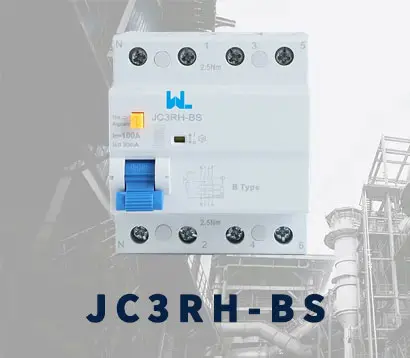 JC3RH-BS
JC3RH-BS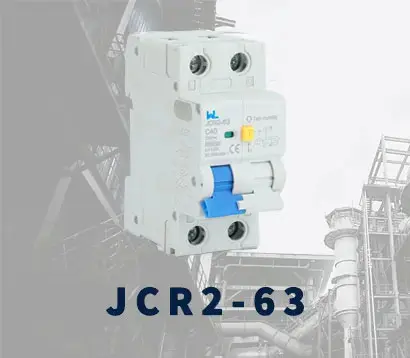 JCR2-63
JCR2-63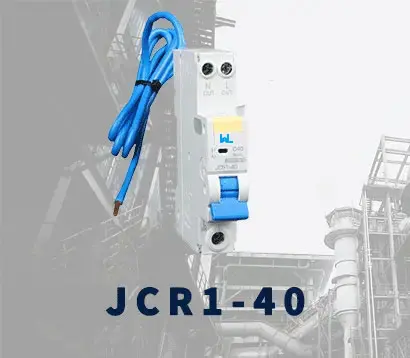 JCR1-40
JCR1-40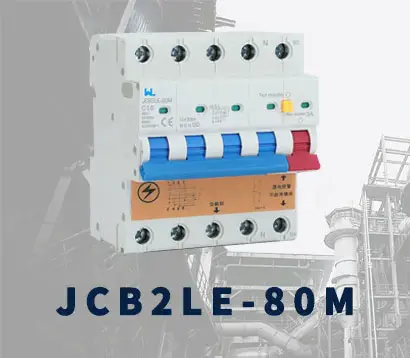 JCB2LE-80M
JCB2LE-80M JCB2LE-80M
JCB2LE-80M JCB2LE-80M
JCB2LE-80M JCB2LE-40M
JCB2LE-40M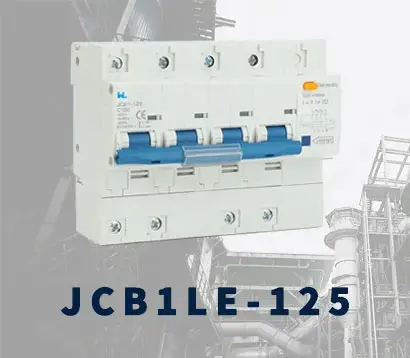 JCB1LE-125
JCB1LE-125 JCB3LM-80
JCB3LM-80 JCH2-125
JCH2-125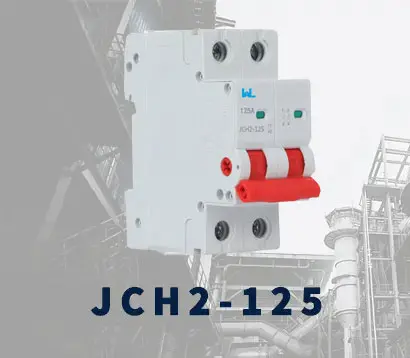 JCH2-125
JCH2-125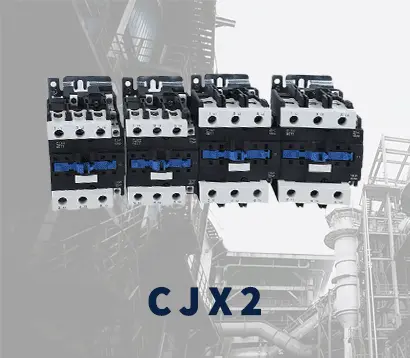 CJX2
CJX2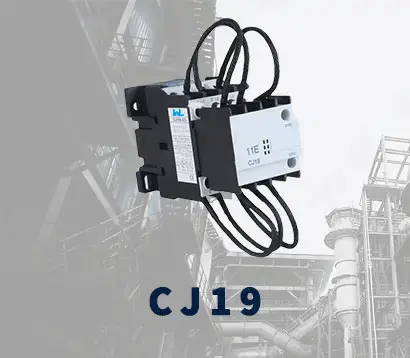 CJ19
CJ19 JCMCU
JCMCU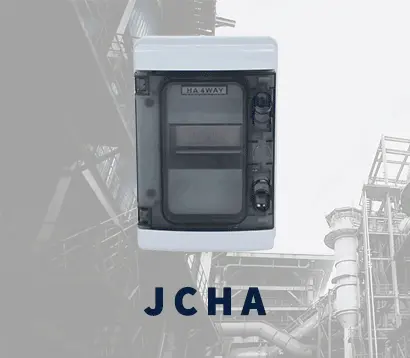 JCHA
JCHA JCSD-40
JCSD-40 JCSD-60
JCSD-60 JCSP-40
JCSP-40 JCSP-60
JCSP-60 JCSPV
JCSPV WEW1-1000
WEW1-1000 WEW1-1600
WEW1-1600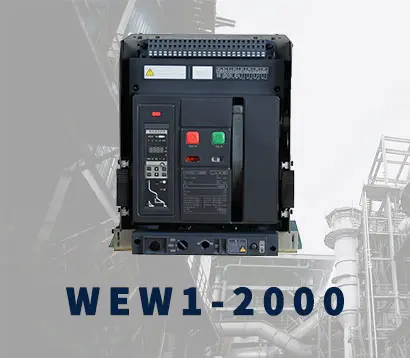 WEW1-2000
WEW1-2000 WEW1-3200
WEW1-3200 WEW1-4000
WEW1-4000 WEW1-6300
WEW1-6300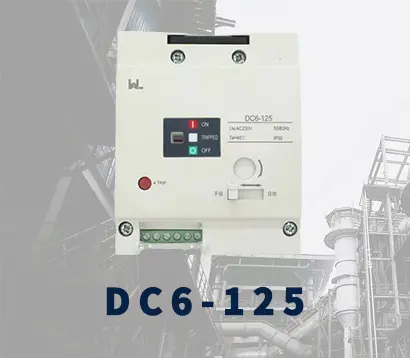 DC6-125
DC6-125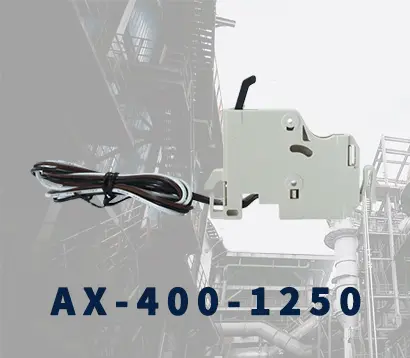 AX-400-1250
AX-400-1250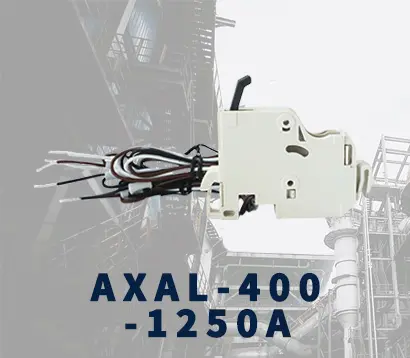 AXAL-400-1250A
AXAL-400-1250A AL-400-1250
AL-400-1250 DC3-160
DC3-160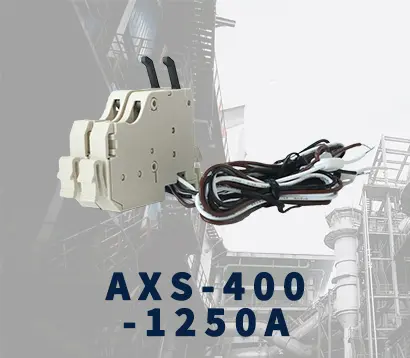 AXS-400-1250A
AXS-400-1250A SHT-125-160
SHT-125-160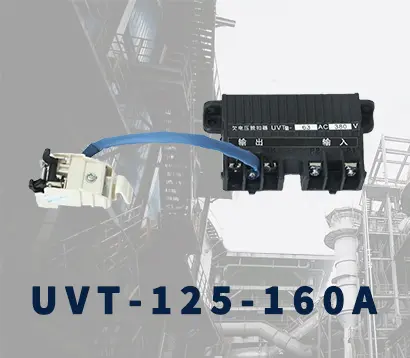 UVT-125-160A
UVT-125-160A P-250A-3P-A
P-250A-3P-A 400-3P/4P terminal cover
400-3P/4P terminal cover 1250-3Pmccb accessories busbar
1250-3Pmccb accessories busbar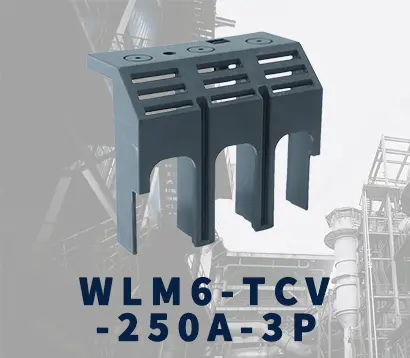 250-3P terminal conver
250-3P terminal conver WLM6-TCV-160A-3P
WLM6-TCV-160A-3P WLM6-MIP-250A
WLM6-MIP-250A WLM6-125A-3300 3P/4P
WLM6-125A-3300 3P/4P WLM6-160A-3300 3P/4P
WLM6-160A-3300 3P/4P WLM6-250A-3300 3P/4P
WLM6-250A-3300 3P/4P WLM6-400A-3300 3P/4P
WLM6-400A-3300 3P/4P WLM6-630A-3300 3P/4P
WLM6-630A-3300 3P/4P WLM6-800A-3300 3P/4P
WLM6-800A-3300 3P/4P WLM6-1250A-3300 3P/4P
WLM6-1250A-3300 3P/4P WLM6-1600A-3300 3P/4P
WLM6-1600A-3300 3P/4P WLM6-2000A 3P/4P
WLM6-2000A 3P/4P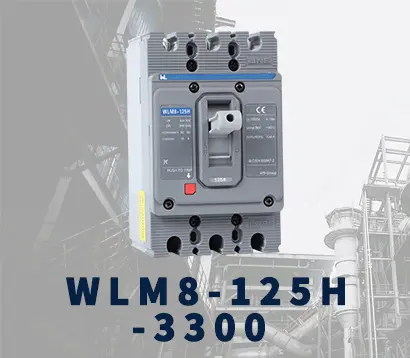 WLM8-125H-3300
WLM8-125H-3300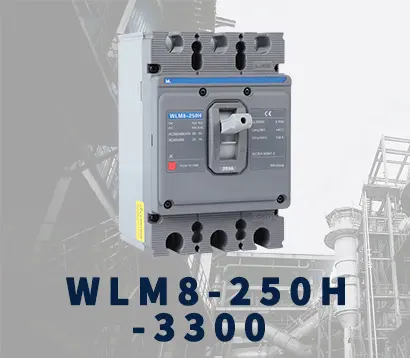 WLM8-250H-3300
WLM8-250H-3300 WLM8-400H-3300
WLM8-400H-3300 WLM8-400H-4300
WLM8-400H-4300 WLM8-630H-3300
WLM8-630H-3300 WLM8-630H-4300
WLM8-630H-4300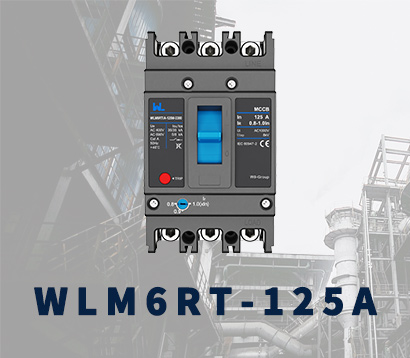 WLM6RT-125A
WLM6RT-125A WLM6RT-160A
WLM6RT-160A WLM6RT-250A
WLM6RT-250A WLM6RT-400A
WLM6RT-400A WLM6RT-630A
WLM6RT-630A WLM6RT-800A
WLM6RT-800A WLM6RT-1250A
WLM6RT-1250A WLM6E-160A-3300 3P
WLM6E-160A-3300 3P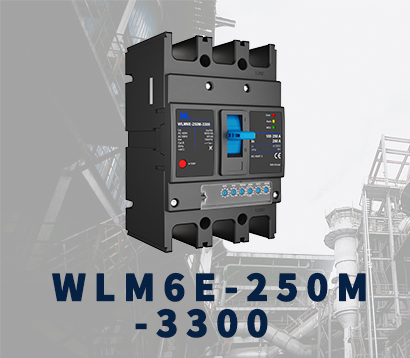 WLM6E-250A-3300
WLM6E-250A-3300 WLM6E-400A-3300 3P/4P
WLM6E-400A-3300 3P/4P WLM6E-630A-3300
WLM6E-630A-3300 WLM6E-800A-3300 3P/4P
WLM6E-800A-3300 3P/4P WLM6E-1250A-3300
WLM6E-1250A-3300 WLM6E-1600-3300 3P/4P
WLM6E-1600-3300 3P/4P WLM6E-2000A-3300 3P/4P
WLM6E-2000A-3300 3P/4P WLM8E-250H-3300
WLM8E-250H-3300 WLM8E-400H-3300
WLM8E-400H-3300 WLM8E-400H-4300
WLM8E-400H-4300 WLM8E-630H-3300
WLM8E-630H-3300 WLM8E-630H-4300
WLM8E-630H-4300 WLM6EY-250-3300 3P/4P
WLM6EY-250-3300 3P/4P WLM6EY-400 3P/4P
WLM6EY-400 3P/4P WLM6EY-630 3P/4P
WLM6EY-630 3P/4P WLM6EY-800A 3P/4P
WLM6EY-800A 3P/4P WLM6EY-1250A 3P/4P
WLM6EY-1250A 3P/4P WLM6ELY-160A
WLM6ELY-160A WLM6ELY-250A
WLM6ELY-250A WLM6ELY-400A
WLM6ELY-400A WLM6ELY-800A
WLM6ELY-800A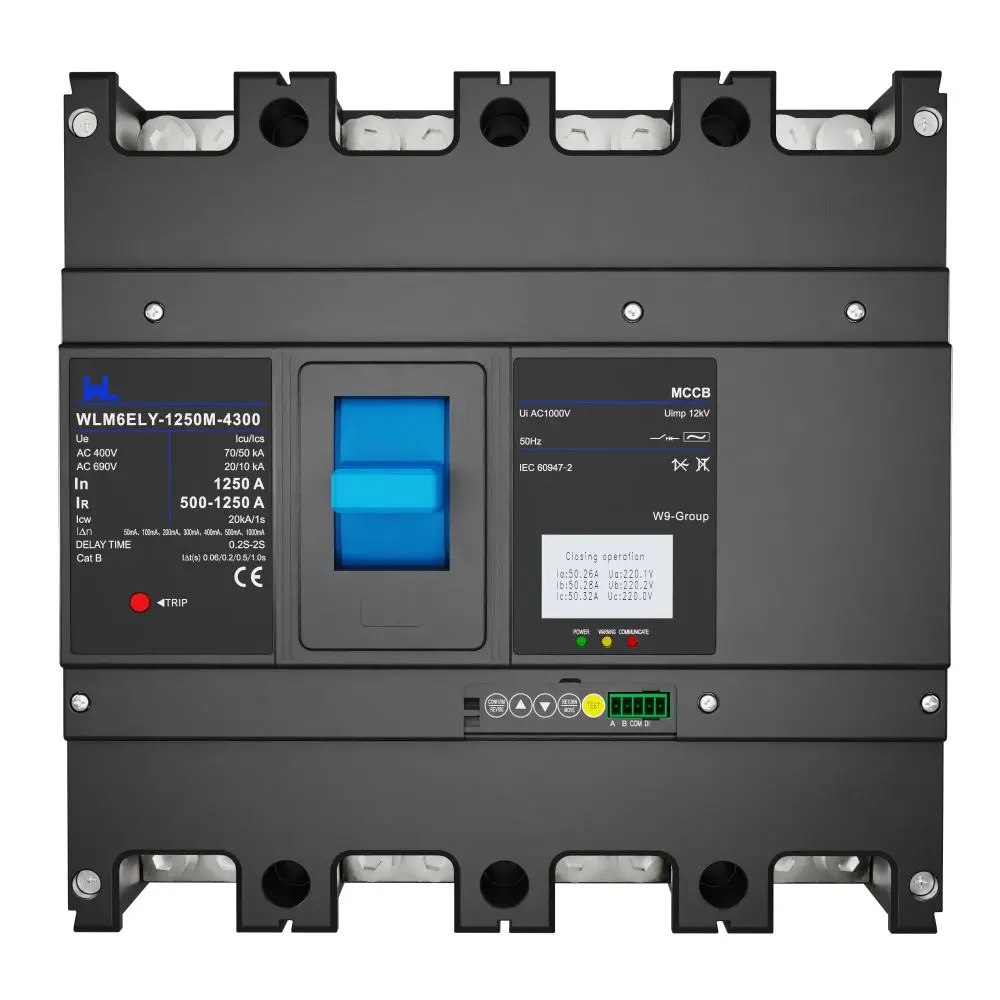 WLM6ELY-1250A
WLM6ELY-1250A WLM8EY-250H-3300
WLM8EY-250H-3300 WLM8EY-400H-3300
WLM8EY-400H-3300 WLM8EY-630H-3300
WLM8EY-630H-3300 WLM6LY-125A
WLM6LY-125A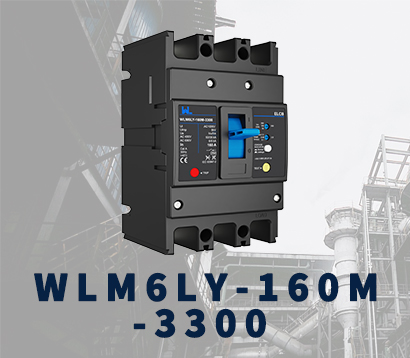 WLM6L-160A
WLM6L-160A WLM6LY-250A
WLM6LY-250A WLM6LY-400A
WLM6LY-400A WLM6LY-800A
WLM6LY-800A WLM6LY-630A
WLM6LY-630A WLM6LY-1250A
WLM6LY-1250A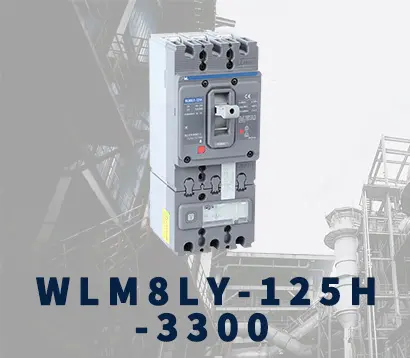 WLM8LY-125H-3300
WLM8LY-125H-3300 WLM8LY-250H-3300
WLM8LY-250H-3300 WLM8LY-400H-3300
WLM8LY-400H-3300 WLM8LY-630H-3300
WLM8LY-630H-3300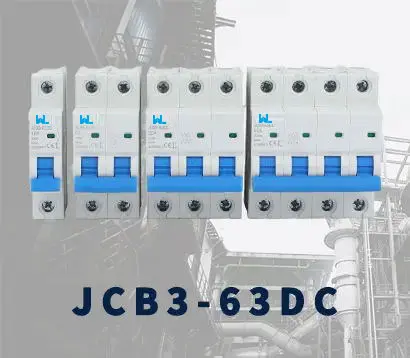 JCB3-63DC
JCB3-63DC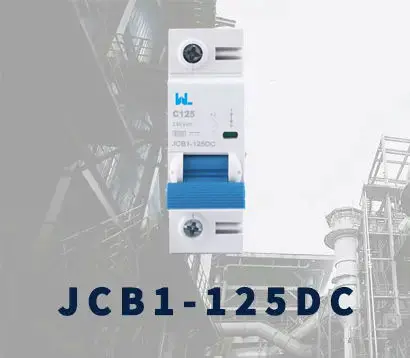 JCB1-125DC
JCB1-125DC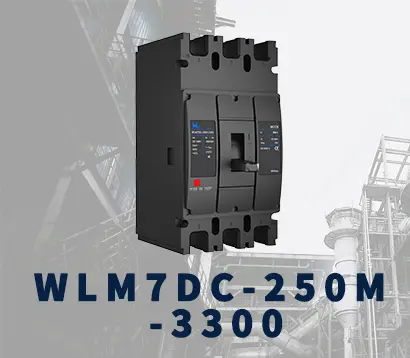 WLM7DC-250A-2300 2P/3P
WLM7DC-250A-2300 2P/3P WLM7DC-315A-3300 2P/3P
WLM7DC-315A-3300 2P/3P WLM7DC-400A-2300 2P/3P
WLM7DC-400A-2300 2P/3P WLM7DC-630A-3300 3P
WLM7DC-630A-3300 3P WLM7DC-800A-2300 2P/3P
WLM7DC-800A-2300 2P/3P WLM7DC-400A 2300
WLM7DC-400A 2300 WLM7DC-630A-2300 2P
WLM7DC-630A-2300 2P WLM7HU-250-3300 3P
WLM7HU-250-3300 3P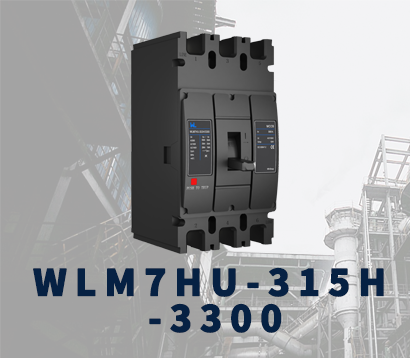 WLM7HU-315-3300 3P
WLM7HU-315-3300 3P WLM7HU-400-3300 3P
WLM7HU-400-3300 3P WLM7HU-630-3300 3P
WLM7HU-630-3300 3P WLM7HU-800-3300 3P
WLM7HU-800-3300 3P PV-1500V/250A
PV-1500V/250A WEW3-1600
WEW3-1600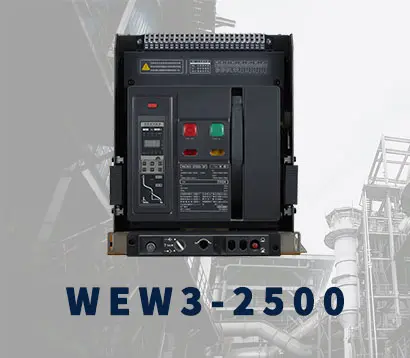 WEW3-2500
WEW3-2500 WEW3-4000
WEW3-4000 WEW3-7500
WEW3-7500



